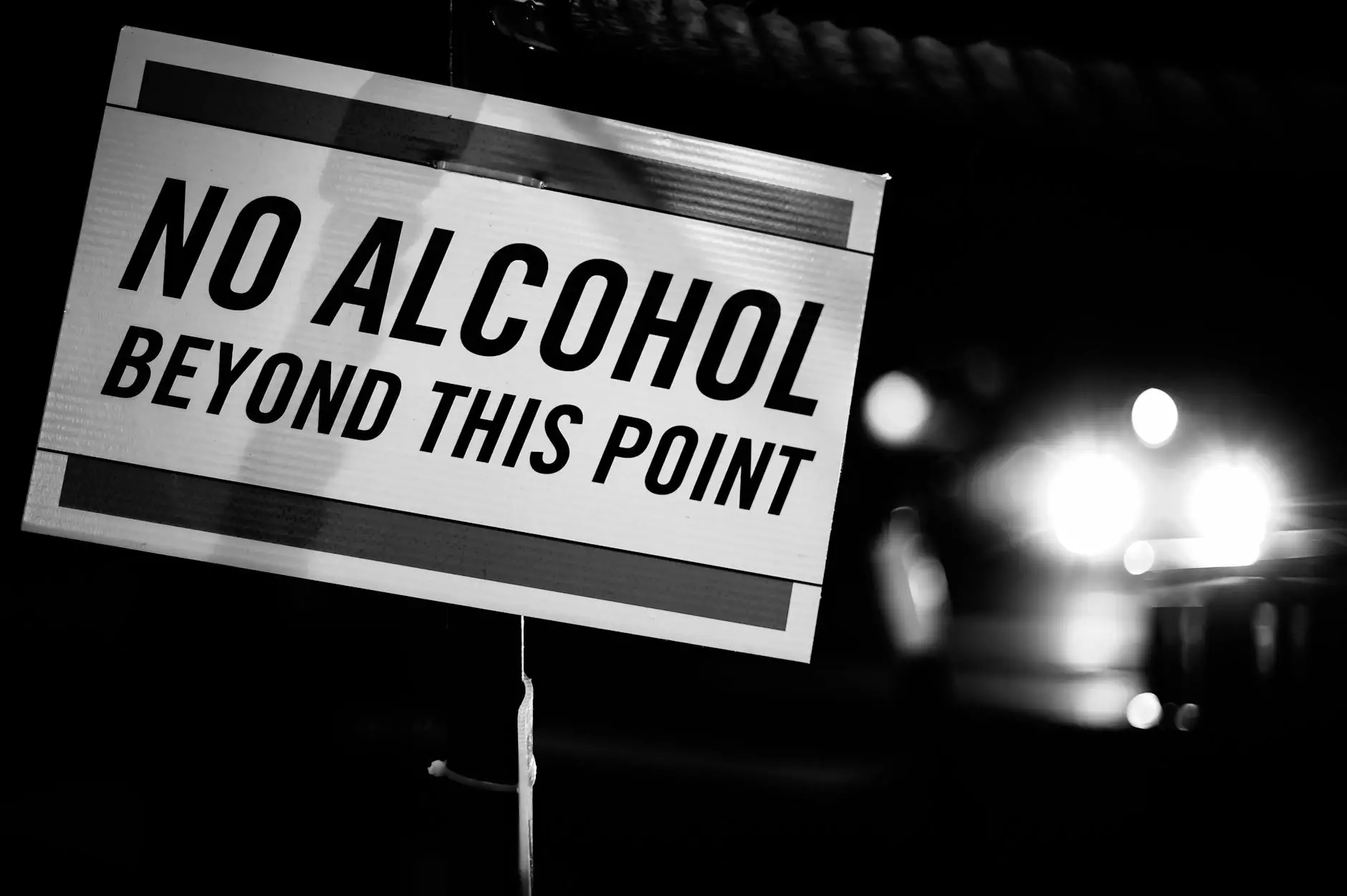Pennsylvania Field Sobriety Testing - Hughes Law
DWI/DUI
The Importance of Understanding Field Sobriety Testing in Pennsylvania
Field sobriety testing plays a critical role in determining whether a driver is under the influence of alcohol or drugs in Pennsylvania. Understanding the process, procedures, and your rights related to field sobriety testing can significantly impact the outcome of a DUI case. Here at The Skiendziul Law Firm, our team at Hughes Law is dedicated to providing comprehensive legal representation to individuals facing DUI charges in Pennsylvania.
What is Field Sobriety Testing?
Field sobriety testing is a standardized method used by law enforcement officers to assess a driver's impairment level due to alcohol or drugs. These physical and cognitive tests are conducted at the scene of a traffic stop to evaluate a driver's balance, coordination, and attention. The results of these tests are then used as evidence to establish probable cause for a DUI arrest.
The Three Standardized Field Sobriety Tests
In Pennsylvania, three standardized field sobriety tests are commonly used:
- Horizontal Gaze Nystagmus (HGN) Test: This test measures the involuntary jerking of the eyes as they gaze to the side. Alcohol and certain drugs can cause nystagmus, making it difficult for individuals to smoothly track an object.
- Walk and Turn Test: This test requires the driver to take a series of nine steps, heel-to-toe, along a straight line. They must then turn on one foot and return in the same manner. Difficulty maintaining balance, stepping off the line, or following instructions may indicate impairment.
- One-Leg Stand Test: During this test, the driver is instructed to stand with one foot approximately six inches off the ground and count aloud for a specified duration. Swaying, hopping, using arms for balance, or not following instructions may suggest impairment.
Your Rights During Field Sobriety Testing
It is important to understand your rights when undergoing field sobriety testing in Pennsylvania. You have the right to decline participating in these tests, as they are voluntary. However, it is crucial to note that refusing a breathalyzer or blood test may result in immediate license suspension under Pennsylvania's implied consent law.
While law enforcement officers may present field sobriety testing as a measure to exonerate or prove your impairment level, it is essential to remember that these tests have inherent flaws and can be subjective. Factors such as weather conditions, physical limitations, medical conditions, fatigue, and nervousness can all affect test performance and lead to false results.
How Hughes Law Can Assist You
At Hughes Law from The Skiendziul Law Firm, we have extensive knowledge and experience in DUI defense and field sobriety testing. Our dedicated legal team will thoroughly investigate the circumstances surrounding your arrest and vigorously challenge the field sobriety test results, questioning their reliability.
We understand the complexities of DUI cases in Pennsylvania and will work tirelessly to develop a strong defense strategy tailored to your unique situation. Our goal is to protect your rights, minimize the impact of the charges, and strive for the best possible outcome on your behalf.
If you are facing a DUI charge involving field sobriety testing in Pennsylvania, it is crucial to consult with a skilled attorney. Contact Hughes Law from The Skiendziul Law Firm today to schedule a consultation and let us navigate the legal complexities on your behalf.










